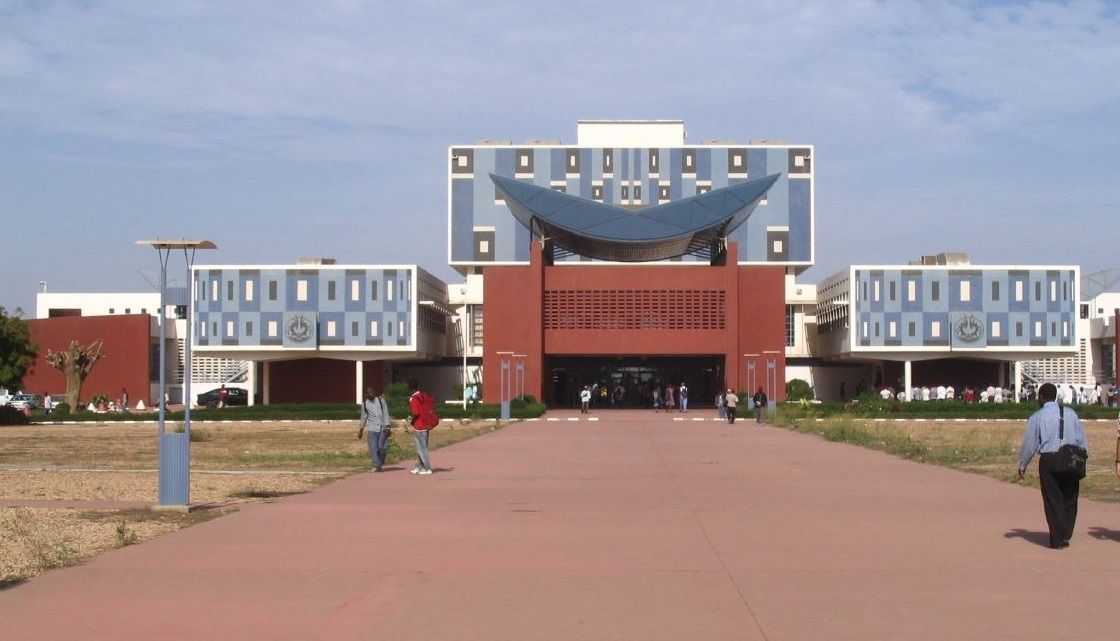
History
History
By the end of 19th century in 1900, the area known as Mbale was uninhabited,
comprising of grasslands, forests and marshlands. At this time, Semei
Kakungulu had extended British rule and he had curved out Bukedi covering Bugwere, Budama, Bukedea, Bunyole, Sebei and Mbale with the headquarters at Budaka. However, in 1903, the British directed Semei Kakungulu to transfer the administration offices from Budaka, further east. Kakungulu then moved the headquarters from Budaka to the current Mbale District. The Baganda at first named the place Kalungu in Luganda meaning a deserted place (Source:Municipal Archives).
Later Kakungulu named this area Mbale, after a small village in Buganda,
however, the indigenous people claim that this area was named after a rock found in the area (Source: Municipal Archives). Mbale means a rock in the local dialect.
In 1906 it was gazetted as a regional centre, and by 1951, the town had built modern Offices on plot 62-68, on what is now called Republic Street. Mbale was the first town to be granted Official status as a municipal council on the 01st day of March, 1962, which was before independence declaration. Mbale was among the cities created in the first phase on 01st July, 2020. Today Mbale City is the fourth largest town supported by both private and public sectors.
Elevation of Mbale to City status
The Ugandan Vision 2040, the overarching 30-year national vision identified
creation of regional and strategic cities as one of the key drivers for the
development agenda of the country‟s long term aspirations and projections for
the future. In effect, on the 20th day of May, 2019, Uganda‟s Cabinet approved
the phased creation of 15 cities across the country. Mbale was among them.
Backed by resolutions from respective District Councils, the Ministry of Local
Government presented bills in Parliament seeking a phased upgrading of some
urban areas (GoU, 2019). Subsequently on the 28th day of April, 2020,
parliament approved the creation of 15 new cities. Mbale was among the seven
which became operational on the 1st day of July, 2020.
Mbale City became operational on the 01st day of July 2020. The regional city
of Mbale has been the centre for delivery of statutory services which were
hitherto concentrated in Kampala and which the residents used to access at a
very high cost and inconvenience. Some of these services include; motor
vehicle registration, issuance of passports, company registry, etc.